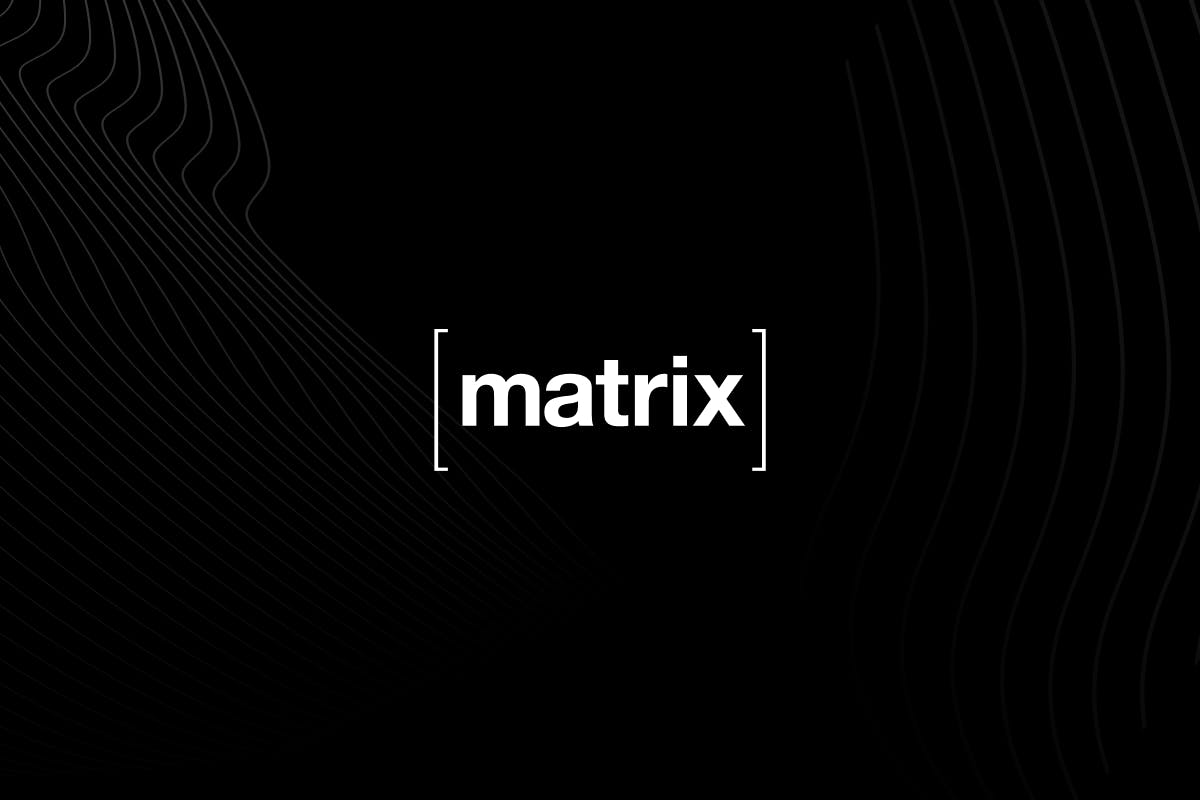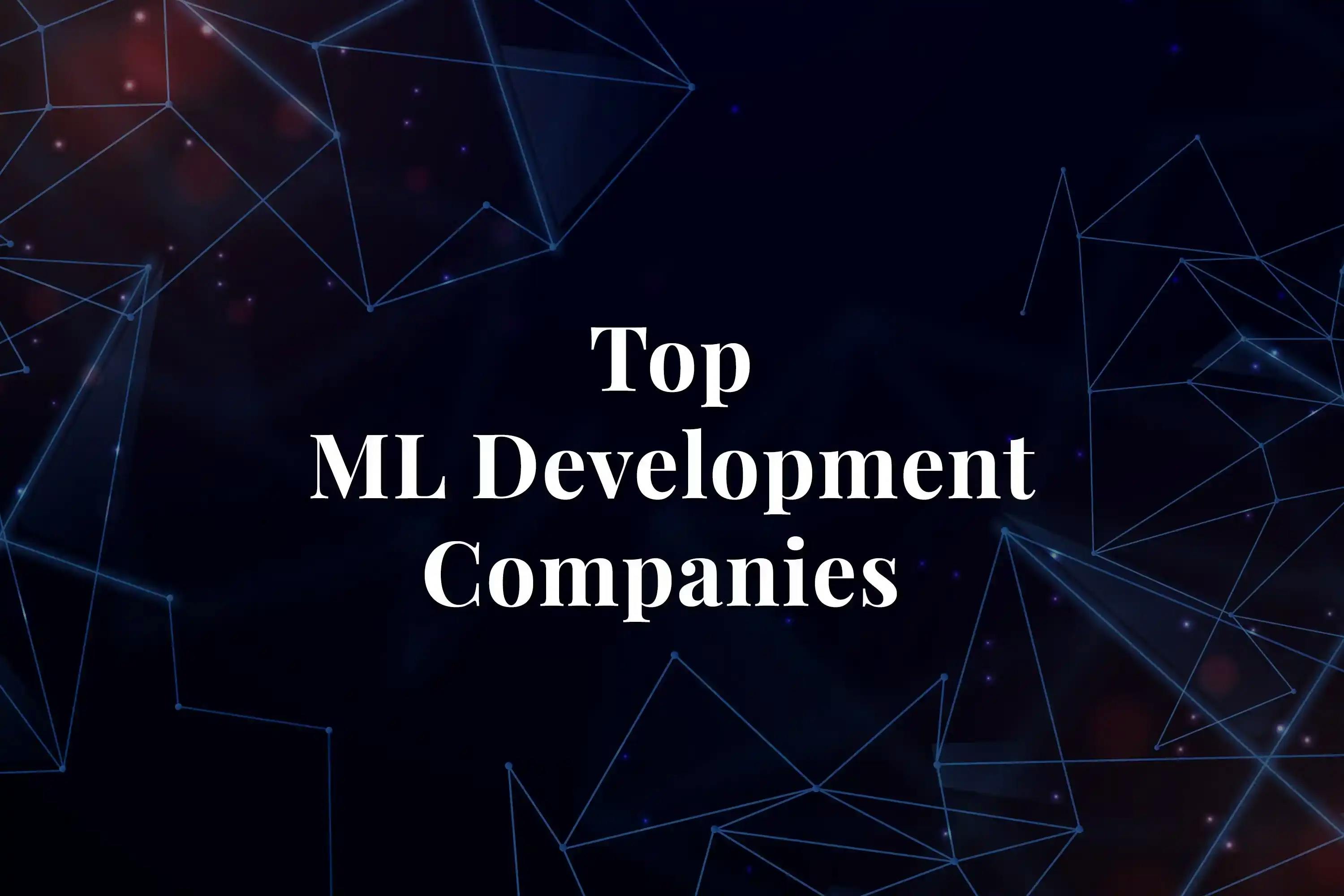


Fintech is changing quickly and driving innovation in 2024 due to technologies like machine learning or ML. In 2024, ML is all set to be used even more in Fintech companies. This will create new ways of doing things better and smarter and make customers happier. ML is part of artificial intelligence (AI) which allows computers to learn from information and make choices or guesses without being directly told how. This is incredibly useful for Fintech companies that deal with huge amounts of complicated information daily. Using ML to understand the data and do things automatically is key to success in this business.
Machine learning in FinTech is about to transform the way we handle money, be it preventing fraud, investment management, and more. Want to know how machine learning in Fintech performs? How will ML change the fintech industry in 2025? Explore the top use cases that will shape the future of finance.
Financial fraud involves credit card scams, money laundering operations, or insurance schemes. But there's a powerful tool that can help catch these crooks: machine learning in Fintech models. These computer programs can study huge piles of data from all kinds of sources. They use this information to spot patterns and strange activities that might be signs of fraud happening.
ML models can learn from past cases of fraud that were already solved, as well as examples of normal, non-fraudulent activities. With this training, the models get really good at telling the difference between legitimate transactions and sketchy ones as they happen in real-time.
For instance, an ML program can keep an eye on credit card purchases. If it notices someone's buying habits or location suddenly seem way off from their usual routine, it can raise a red flag for potential fraud. The model can also cross-check details about the transaction against other data sources that include customer profiles or watchlists of shady characters. Doing this makes the risk assessment for fraud even more accurate.
Fintech companies understand the value of customizing their services to meet individual needs. AI in Fintech models analyzes customers' money matters like spending, investments, and transaction records. The models study this data to grasp preferences and requirements. Companies then use these insights to offer tailored advice and recommendations uniquely suited for each customer.
For example, suppose a customer has a low tolerance for risk. The machine learning system would propose specific investment options aligned with this conservative approach. It would recommend relatively safe financial products suitable for the customer's goals and existing investment portfolio.
Delivering personalized services builds loyalty as customers feel their needs are truly understood and addressed. Companies utilizing machine learning can tailor advice, recommendations, and planning for countless customers simultaneously. Each interaction feels customized, enhancing satisfaction among customers.
Conventional credit scoring methods typically depend on a restricted set of data sources and might be influenced by human prejudice. Machine Learning (ML) algorithms have the capability to evaluate an individual's creditworthiness more precisely by considering a broader array of data points. This ML in Fintech includes alternative data sources like utility bill payments, rental payment history, and even social media activity.
ML models possess an exceptional ability to identify intricate patterns and relationships within data that may not be readily apparent to human analysts. This advanced analytical prowess enables these models to conduct more accurate credit risk assessments. As a result, lenders can make better-informed decisions while simultaneously reducing the likelihood of loan defaults. The comprehensive approach facilitated by ML algorithms offers a significant advantage over traditional credit scoring techniques.
Dealing with money and making smart investing choices can be tough. But, ML in Fintech models can help! Financial markets create tons of information, like past prices, news, and economic data. Machine learning models can study this information and spot patterns that people might miss. These patterns can show when it's a good time to buy or sell. They can then make trades automatically based on the patterns they find. This can help investors make more money and avoid making decisions based on feelings instead of facts.
Are you wondering how ML can improve fintech service? Let's connect
Fintech businesses work in a setting with lots of rules that keep changing. Using machine learning (ML) can help these companies follow all the rules. ML models study a huge amount of information like laws, guidelines, and standards for the industry. The models can then spot when rules get updated or changed. This allows fintech companies to quickly make changes to their products, services, and processes so they don't break any rules.
The ML models are like smart robots that read through piles and piles of regulatory documents. They have been trained to understand all the legal jargon and technical terms used in these papers. Whenever there is a new rule or an old rule gets modified, the ML models catch it right away. They raise a red flag to alert the fintech company that they need to make some changes to stay compliant. Without these ML systems, companies would have a really hard time keeping up with the ever-evolving regulatory scene. The model saves fintech businesses a ton of time, effort, and money.
Having a helpful customer service team is really important for any business. Chatbots and virtual assistants that use artificial intelligence can provide friendly support every day. They can easily handle common questions and requests, often better than human workers. The ML in Fintech models can understand regular language that people use. They can have back-and-forth conversations just like talking to a real person. And they can give customized responses based on details about each customer, like past orders or account information.
AI Tools for Customer Service in Fintech
Machine learning is a tool that helps analyze huge amounts of data. It finds hidden patterns in data that people can't see. This helps businesses make better choices. For example, machine learning in Fintech can look at customer details, market trends, and money situations. It can then predict how many people will want to use certain services. Companies can use this information to make their ads better. They can also change their prices and where they spend money based on these predictions.
AI Tools for Predictive Analytics and BI
Fintech companies can use machine learning for different risk management tasks, not just credit risk assessment. The ML Integration models can look at data on market conditions, economic factors, and what assets are in a portfolio. This helps them identify and reduce different types of risks. Analyzing this data, the ML models can help fintech companies manage and minimize these risks better.
Machine learning can also help with portfolio optimization. There is a lot of data that needs to be considered when trying to create the best portfolio for an investor. This includes the investor's risk tolerance, their investment goals, and the current market conditions. ML algorithms can analyze all of this data quickly and efficiently. They can then recommend the optimal mix of assets and investment strategies.
Optimize your finance solutions by utilizing machine learning.
The Fintech industry is changing rapidly, and machine learning (ML) will play a vital role in driving this transformation. ML has the power to change the way financial services are delivered, making them more efficient, personalized, and accessible to people worldwide. This advanced technology can help fintech companies streamline operations, enhance customer experiences, and stay ahead of the competition.
Codiste is a top ML software company driving innovation within the FinTech sector through its ML models. Their team of experienced developers provides advanced ML-based models for Fintech companies. Codiste is an ML specialist in providing innovative solutions that streamline customer experience and drive business growth. Their custom solutions for your company can help you beat the competitors and reach new heights of profitability and efficiency in the Fintech sector.




Every great partnership begins with a conversation. Whether you’re exploring possibilities or ready to scale, our team of specialists will help you navigate the journey.